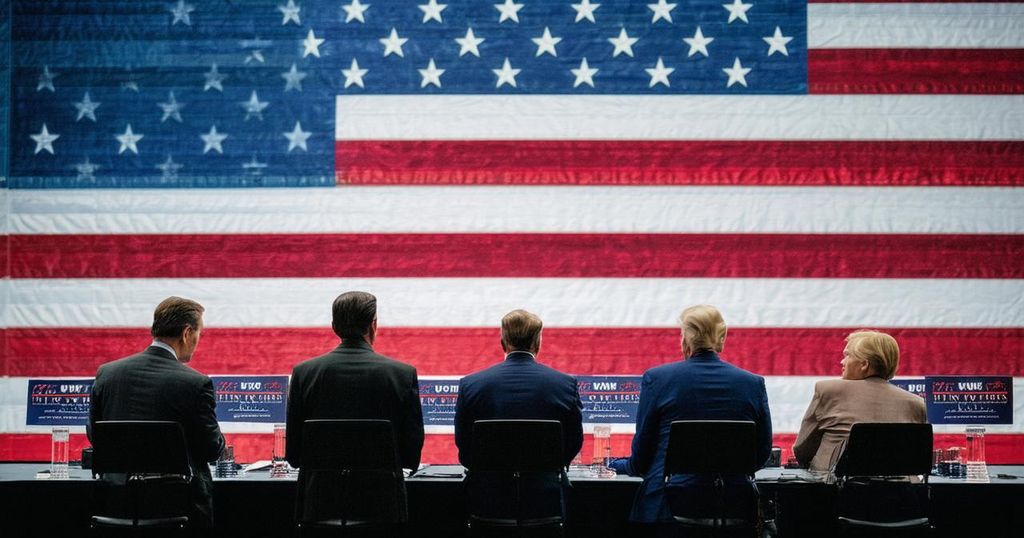The Impact of American Elections on Israel’s Strategic Military Decisions
Israel’s leadership is attentively observing the upcoming U.S. elections due to the substantial impact these results may have on Israel’s military and diplomatic strategies in ongoing regional conflicts. The recent rocket attacks from Hizbullah during Secretary of State Antony Blinken’s visit serve as a stark reminder of the persistent hostilities Israel faces, exacerbated by the diplomatic complexities tied to the American political landscape.
Israel’s leadership is closely monitoring the outcome of the upcoming American elections, recognizing that the victor’s policies will significantly influence Israel’s strategies in its ongoing conflicts. During a visit on October 23rd, Antony Blinken, the United States Secretary of State, encountered a precarious situation as he and his party were hurried into a bomb shelter due to rocket attacks from Hizbullah in Lebanon. Despite the attacks not resulting in severe damage or casualties, they epitomized the enduring tensions that characterize Israel’s defensive landscape. Blinken’s recent trip marks his eleventh visit to the region in over a year, mirroring the frustrations felt by the American administration in their attempts to mediate lasting peace amidst Israel’s tumultuous relations with both Hamas and Hizbullah. As the American electoral landscape shifts, Israel anticipates adjustments in its military tactics and diplomatic engagements based on the perceived responsiveness of the next U.S. administration to the security challenges faced by Israel.
The geopolitical dynamics in the Middle East are profoundly influenced by the relationship between the United States and Israel. As one of America’s closest allies, Israel’s security policies and military strategies are often aligned with U.S. foreign policy objectives. The upcoming United States elections present both an opportunity and a challenge for Israel, particularly given the unpredictable nature of electoral politics. Israel faces three notable conflicts: ongoing tensions with Hamas in Gaza, threats from Hizbullah in Lebanon, and broader confrontations with Iran. Heightened attacks and diplomatic negotiations frequently arise against the backdrop of American engagement, making the U.S. electoral outcome critically significant for Israel’s military and diplomatic decisions.
The intersection of American electoral politics and Israel’s military strategies highlights the complexities of international relations in the Middle East. As Israel navigates its response to continued aggression from groups like Hizbullah, the outcome of the upcoming U.S. elections will undoubtedly play a pivotal role in shaping its approach to these existing conflicts. The situation remains dynamic, with surveillance of both domestic and international developments being essential for proactive decision-making in Israeli leadership.
Original Source: www.economist.com




Post Comment